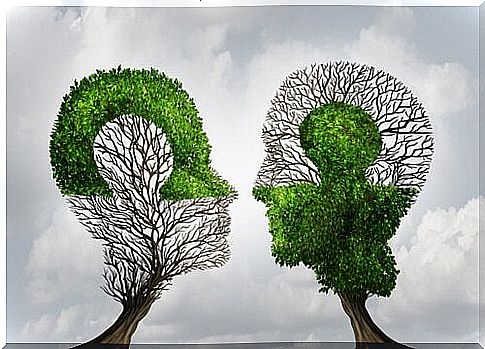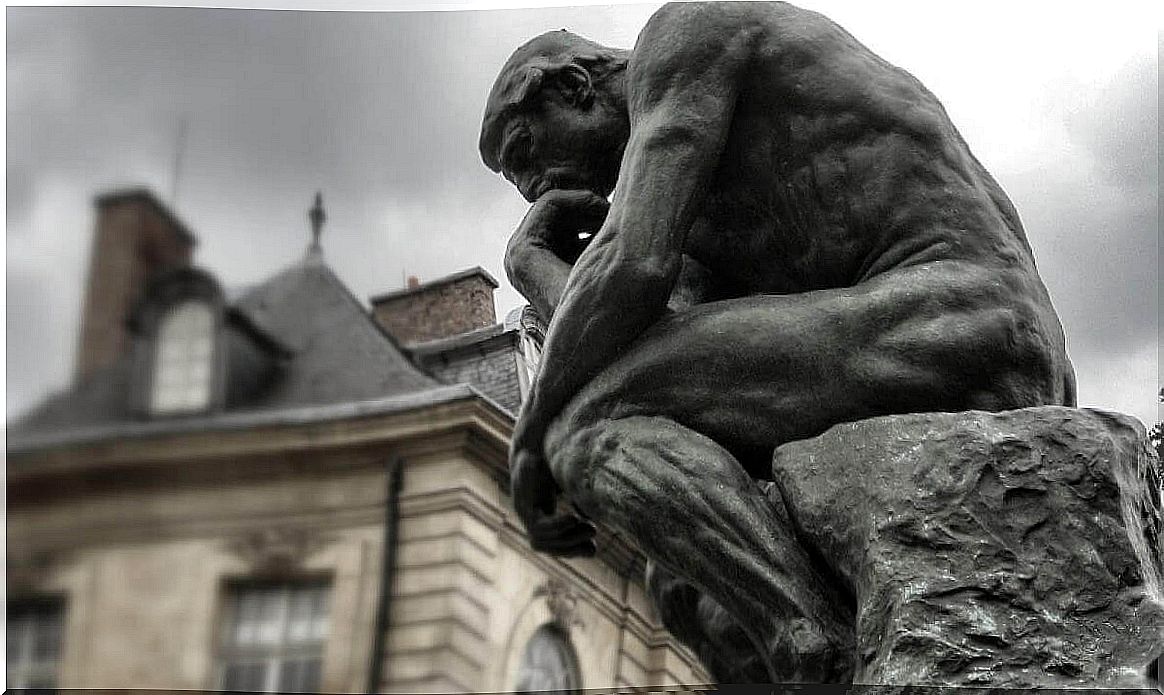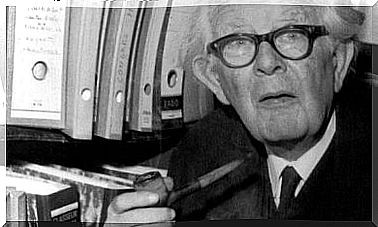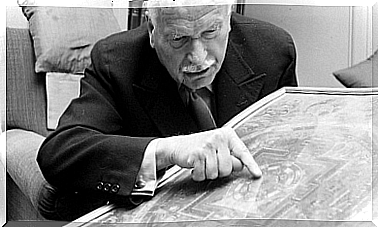What Is The Relationship Between Philosophy And Psychology?

Philosophy and psychology are two subject areas that share a place in history. Psychology has its origins in philosophy. It arose to be able to include the empirical methodology in the examination of the questions posed by philosophy. Therefore, philosophy has added different areas of study in psychology, such as. emotions, perceptions, intelligence and memories.
However, the solutions that the two areas offer are different. Although they study the same subjects, they use different points of view. Even when they are based on the same theories , one often does not come to the same conclusion in the fields of philosophy and psychology. Therefore, it happens that the two professions see each other as opponents.

The word “psychology” comes from the Greek words “psyche” and “logos”, which means “soul” and “doctrine” respectively. Thus psychology means the doctrine of the soul. Simply put, we could say that psychology is the science that is responsible for the study of the human mind and behavior.
It aims to explain what is happening in our “black box” and how these events affect our way of behaving, by also taking into account the stimuli we receive. Psychology also aims to understand how people receive and interpret information they receive through their senses.
On the other hand, the term “philosophy” comes from the Greek “philo” and “sophia”, which means “love of wisdom”. The purpose of philosophy is to solve problems that arise in reality.
It focuses on the study of various problems that may be more perceptible. These include existence, knowledge, truth, morality, beauty, mind and language. The research is usually carried out in a non-empirical way. This can be done through conceptual analysis, mental experiments, speculation or other a priori methods.

Psychology is dependent on philosophy for several reasons. First of all, philosophy gives psychology a general vision of what it means to be human. This is the basis of many psychological theories. But the opposite is also true. Philosophy sometimes uses scientific methodology to achieve its goals. Both have common theories and study objects.
Another similarity is that philosophy has contributed to some subjects in psychology. Some such examples are feeling, perception, intelligence, memory and will. And as we have already mentioned , they have common study objects, even if they study them in different ways and arrive at different answers.
On the other hand, philosophy fits well with psychology in two ways. First, through the relative hypotheses: the mind and appropriate methods of studying it. Secondly, through the underlying general principles that apply to scientific research.
Although both disciplines study human behavior, they differ. Some differences lie in the methodology, purposes and consideration of moral issues.
Regarding the methodology , the philosophy works with conceptual categories and the conditions that prevail between them. Therefore, it is open to all methods.
However, psychology relies on empirical and statistical studies. It uses quantitative and qualitative research. It focuses on experiments and empirical testing of hypotheses. The experiments are a way to understand our behavior and validate the tools we use, such as therapies.
In terms of the end goals of the two disciplines, it can be stated that philosophy has more intellectual purposes than psychology, which is more focused on therapies and interventions. Philosophy creates philosophical systems or categories that serve to explain reality. Unlike philosophy, psychology does not study a whole, but instead seeks to isolate individual variables of human behavior.
Therefore, psychological theories take into account human biology. An example is the study of brain function. In addition, one attaches in psychology with regard to individual differences. For no person imitates exactly another person’s behavior, even if the circumstances are the same.

Another important difference between the two disciplines lies in their perception of moral issues. Philosophy strives to explain everything, which includes the right way of behaving. Philosophy sometimes describes what is right and what is wrong.
Psychology, on the other hand, does not engage in this discussion. Although psychology has presented scales for ethics and morality, its purpose is not to study what is moral or not, but rather what different moral values occur.
Philosophy and psychology study people and their behaviors. They have similarities and differences, and they even interpret the same things in different ways. Therefore, the method each of them uses becomes crucial to the answers they receive. Regardless of this, they have some common theories and results.









